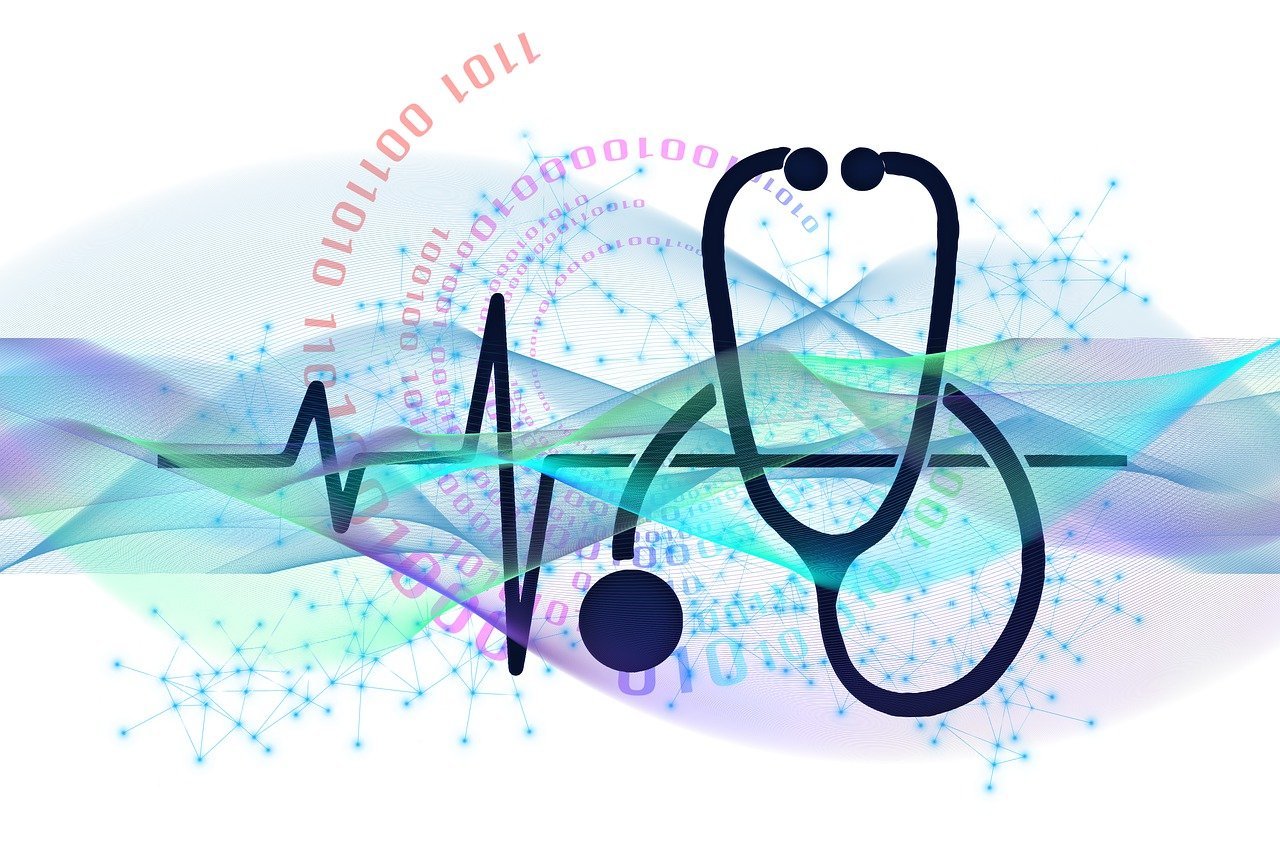
With artificial intelligence (AI) technology, there is a growing interest in exploring how it can improve productivity and efficiency in healthcare and various other industries. One of the pressing issues in the healthcare sector is the overwhelming workload faced by healthcare workers, which can lead to burnout or decreased quality of patient care.
The question arises: Can AI be the solution to reducing the workload of healthcare workers?
AI can potentially automate repetitive tasks, analyse large amounts of data quickly, and assist in diagnosing illnesses. By taking on these tasks, AI can free healthcare workers to focus more on critical and complex aspects of patient care.
It could improve patient outcomes and enhance the quality of healthcare services. AI technology is utilised in various ways to alleviate healthcare workers' workloads. Implementing it has potential benefits and challenges.
Current Challenges
Healthcare providers and professionals face numerous challenges in the healthcare industry. Introducing AI systems and tools has transformed health systems and how healthcare is delivered.
Integrating machine learning and AI into the healthcare system has improved diagnostic capabilities, decision-making processes, and overall efficiency and quality of healthcare. However, adopting AI has brought new challenges, such as reducing burnout among the healthcare workforce, managing the administrative burden of implementing AI, and ensuring AI-driven technologies are used effectively to support healthcare delivery.
The introduction of AI and AI-driven technologies has been a source of burnout for many healthcare professionals as the adoption and use of AI in healthcare continue to grow.
How AI Can Help Reduce Healthcare Workers' Workload
AI applications, such as virtual assistants and decision support systems, have the potential to reduce healthcare workers' workloads significantly. With the shortage of healthcare workers becoming more prominent, AI can help alleviate the strain on the healthcare career workforce.
Utilising natural language processing and generative AI virtual assistants with administrative tasks and patient encounters allows health workers to focus on providing quality care. Decision support teams can analyse risk factors and help prevent medical errors.
It leads to more efficient healthcare and reduces healthcare costs. As AI grows in today's healthcare landscape, more solutions are being developed to enhance medical practices. Physician staffing companies can use AI-generated insights to improve staffing and match providers with patients more effectively.
Healthcare organisations can make informed decisions benefitting patients and providers by leveraging data and AI.
AI Implementation in Healthcare
From virtual assistants to decision support teams, AI has proven effective in helping physician staffing companies and health workers better manage their medical practices and patient encounters.
Leveraging natural language processing and generative AI, healthcare data is analysed more efficiently, helping to prevent patient risk and improve outcomes. As AI becomes more integrated into today's healthcare systems, it plays a crucial role in addressing the shortage of healthcare workers and reducing healthcare costs.
Through various AI applications, such as data and AI-driven insights, AI technologies like virtual assistants and generative AI are transforming healthcare delivery. Utilising decision support systems and analysing vast amounts of healthcare data, AI makes healthcare more accessible and effective for patients, while supporting the care workforce in managing their high workload.